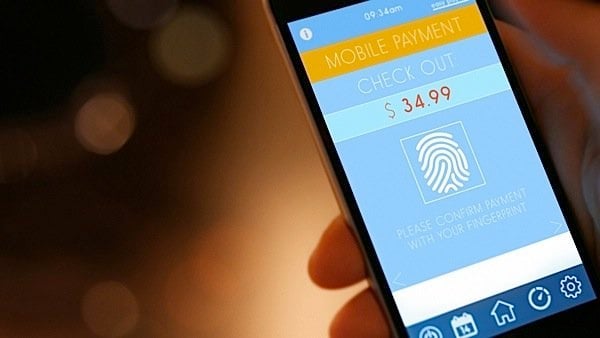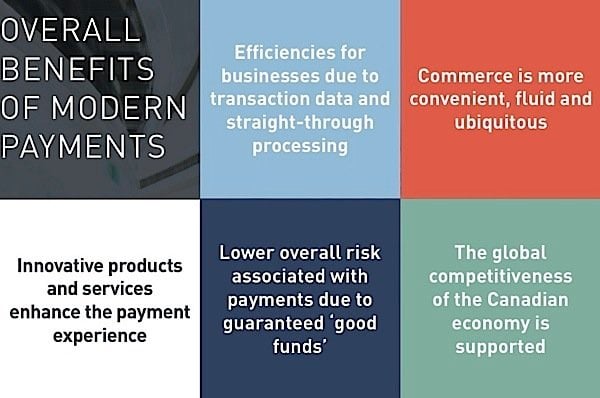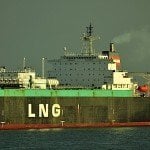
The Canadian Payments Association (CPA), which provides the infrastructure for the country’s financial system, announced today that Canada has adopted ISO 20022, the global standard for electronic payment messaging. Doing so, the CPA says, will help Canada catch up with those countries which already use it, and put it ahead of many others, in the move towards a paperless, “omnicommerce” financial system. The standard, which provides a common global language for payment data, will also streamline cross-border payments. It will take several years to fully modernize the country’s payment system.
The adoption of ISO 20022 will have benefits for businesses and consumers alike, the CPA promises. Consumers can expect better service. It is estimated that businesses could save as much as $4.5 billion over five years just in the reduced use of cheques. Canadians wrote nearly 1 billion cheques in 2015.
ISO 20022 is an international messaging framework that allows significantly more information, such as invoice data, to travel with electronic payments. The standard enables solutions and technologies for business automation, including end-to-end straight-through processing and reconciliation, easier payment tracking and system reconciliation. Since ISO 20022 is a common, global ‘language’ for financial communications, it also has the potential to make cross-border payments much more efficient over time. ISO 20022 is widely considered an essential component to modernizing any payments infrastructure.
That widespread use of cheques speaks to the limitations of the current system in Canada. Today, when a customer pays for something by credit or debit card, the business owner must manually send certain remittance information separately from the Automated Funds Transfer (AFT). According to research by the CPA, many small businesses therefore see no advantage to electronic payments, and prefer to continue using cheques. The ISO 20022 standard makes remittance information an automatic part of the electronic payment transaction, simplifying the process for the business owner.

The need to modernize payments is a matter of staying competitive. CPA president Gerry Gaetz said in a paper prepared by the organization that Canada must respond to the “external forces” that are reshaping the global payments ecosystem. While other economies like South Korea, Japan, Taiwan and India have already moved to faster, more data-rich payments, Canada’s core clearing and payment systems are increasingly outdated. “To support the long-term growth of Canada’s economy, payments modernization is required.” The VP of multi-national HR and payroll company ADP said that with ISO 20022 “we will all be speaking the same payments language” across the global economy, and that the enhanced remittance detail made possible has been a great benefit.
Implementation of ISO 20022 will proceed according to market needs, the CPA says, with due consideration for the business cycles of member financial institutions—the Bank of Canada and all chartered banks operating in Canada must be members—and with other stakeholders.

































